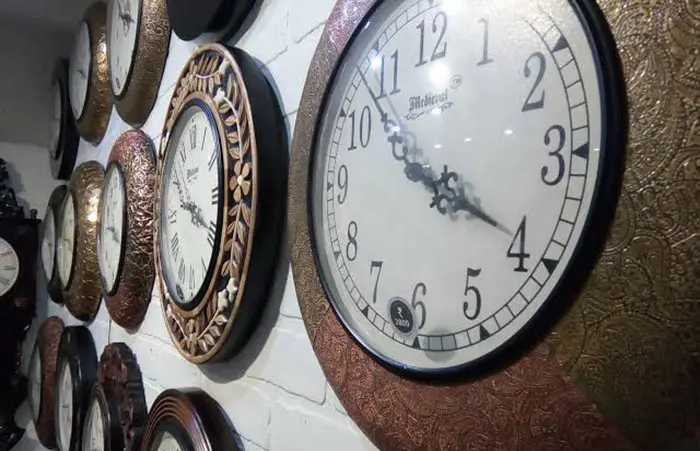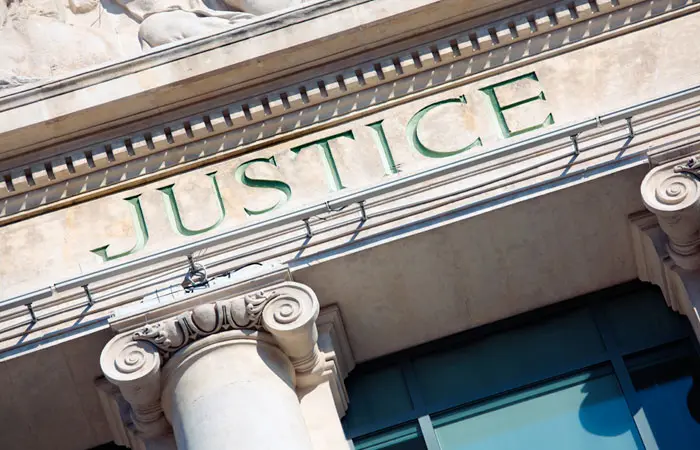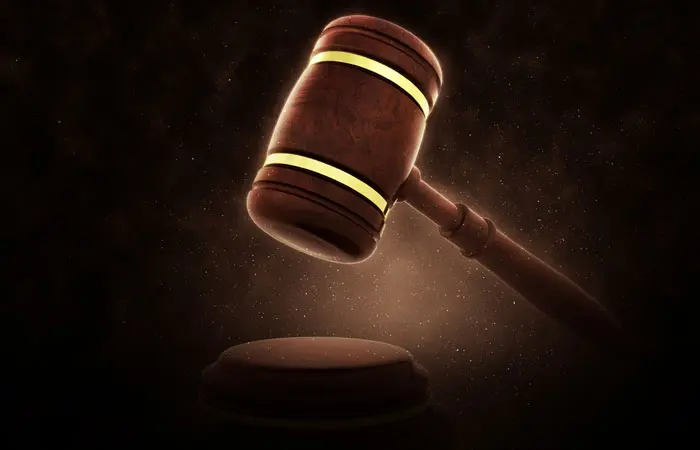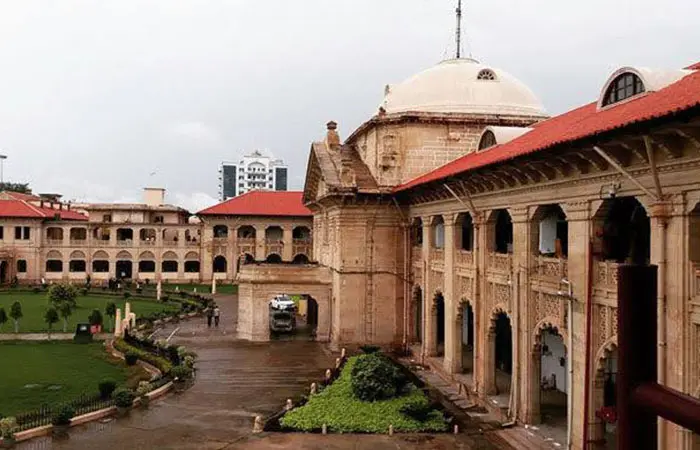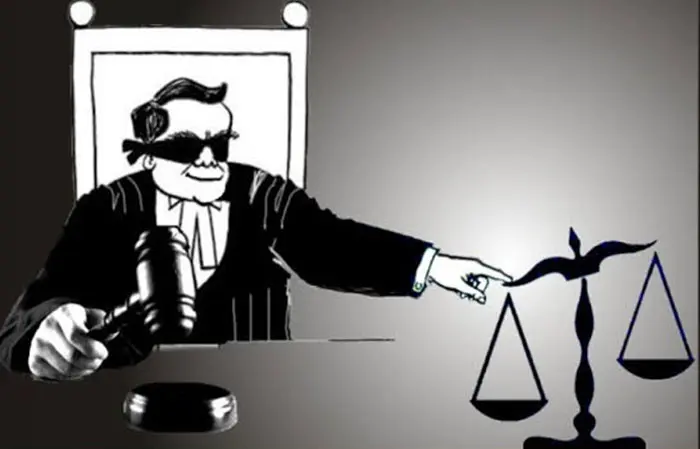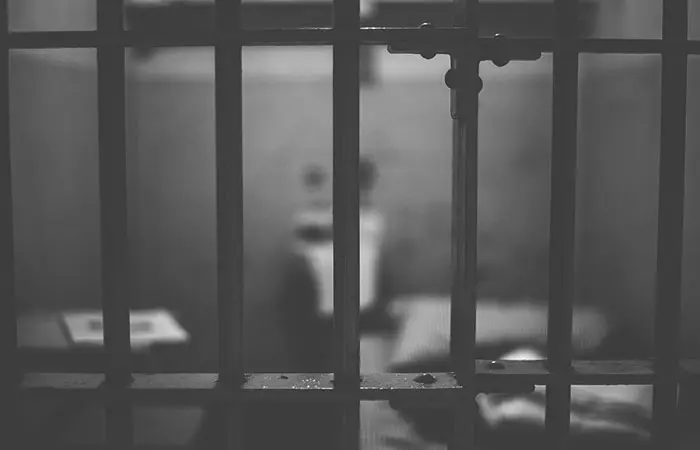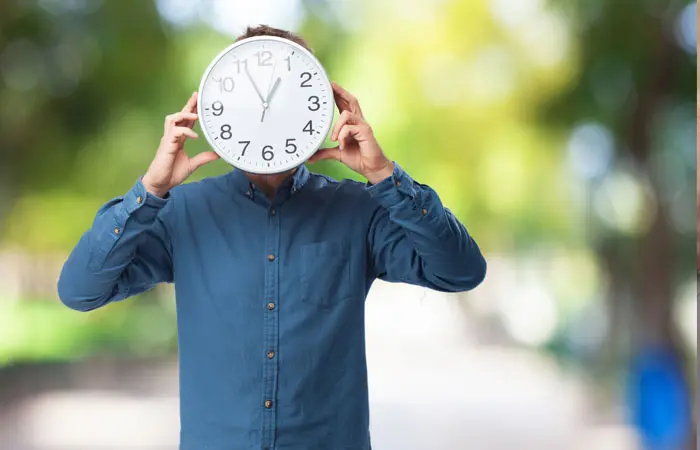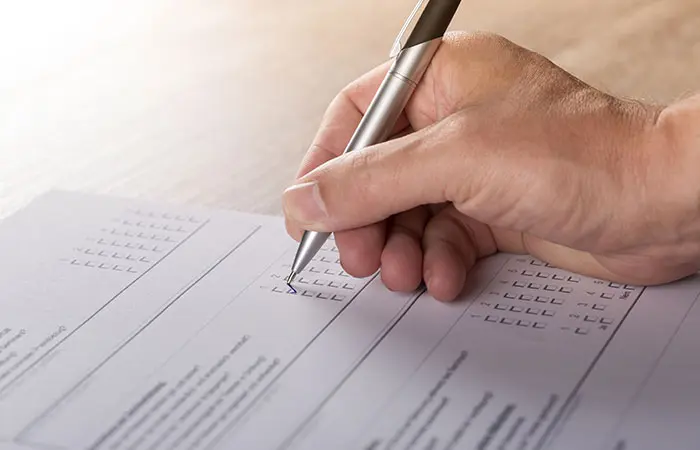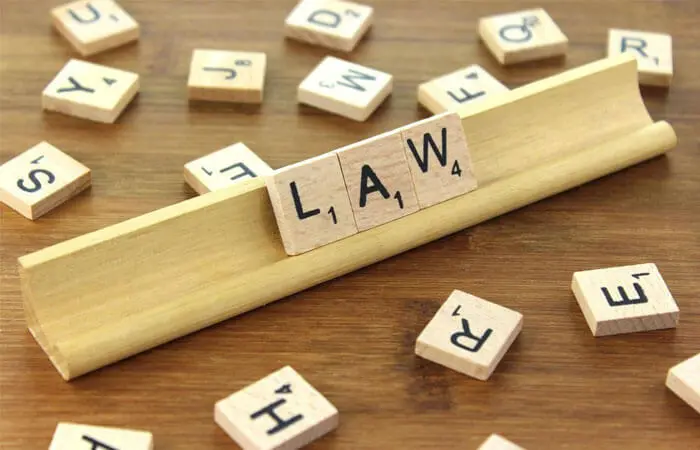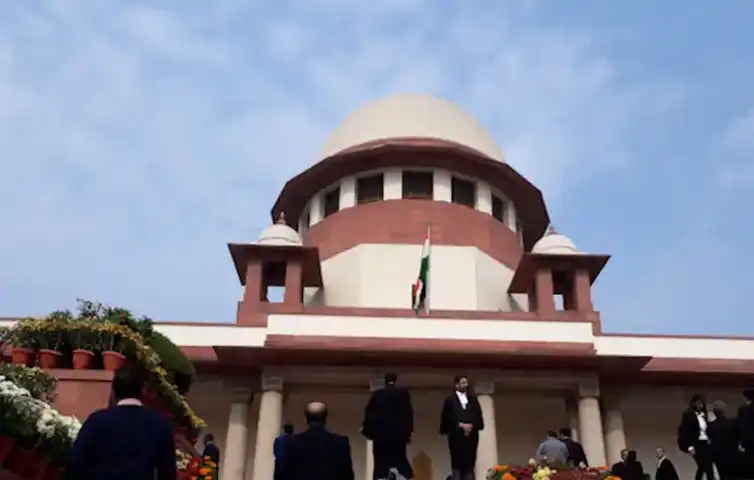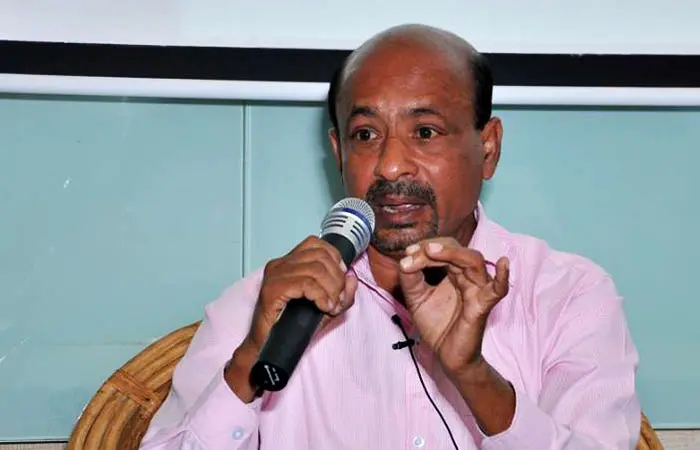Reducing the role of justice dispensation and its ranking to a mere count of cases is also worrisome as it may incentivise a blind need to increase the number of cases disposed without ensuring reasoned quality decisions.

News and Blogs
- /
- Articles and Blogposts /
- News and Blogs
Last week on this blog, I wrote about Justice Gautam Patel’s refreshing approach to adjournments and costs. Justice Patel’s order has now been overruled by a division bench of the Mumbai High Court, in an order dated March 7, 2018.
Justice Gautam Patel’s order dated 27 February 2018 in Ram Nagar Trust No. 1 v. Mehtab Sheikh imposing a cost of Rs. 1000 for each of the 450 days of delay in filing an affidavit, by the plaintiff, is an extremely important one in the context of the enormous delay that characterizes our judicial system.
In addition to using a more scientific and data-oriented method to calculate the number of judges needed in a court, the appointment process for the judiciary also needs to be made simpler.
Pendency has always been a thorn in the Indian Judiciary. Well, the market for justice has moved, but we surely need to look for a solution to counter it.
Unless you have been in hiding or have sworn off reading news, you will know that currently, the consumption of beef in India is a hotly debated moo(t) point. Bad puns aside, the arguments and frenzy surrounding the slaughter of cattle have reached a breaking point.
Early hearing of a case gives confidence to the plaintiff in the justice system who thinks his/her rights are being violated.
DAKSH conducted an Access to Justice Survey in 2015, a first of its kind for India, to understand the needs and expectations of litigants, their experiences with the judicial system and the socio-economic costs of being a litigant in India.
The Supreme Court has, in March 2017, passed an order in Hussain v. Union of India suggesting various steps that High Courts should take with a view to disposing of criminal cases, particularly bail petitions, in a speedy manner.
A recent decision[1] given by a division bench of the Supreme Court has re-looked at plausible methods to reduce procedural delays in disposing cases related to bail.
‘Offences Against the State’ by their very nature immediately attract State attention. Over the last few years there have been multiple incidents that have been reported under this category. Given the propensity of the crime, ‘Offences Against the State’ entail long and harsh punishments.
These were some of the compelling questions that the Fifth Constitution Day Lecture on ‘Bhaaratada Samvidhaana Mattu Raashtriyate’ (The Indian Constitution and Nationalism) organised by DAKSH sought to explore.

-
Rule of Law ProjectRule of Law Project
-
Access to Justice SurveyAccess to Justice Survey
-
BlogBlog
-
Contact UsContact Us
-
Statistics and ReportsStatistics and Reports
© 2021 DAKSH India. All rights reserved
Powered by Oy Media Solutions
Designed by GGWP Design
